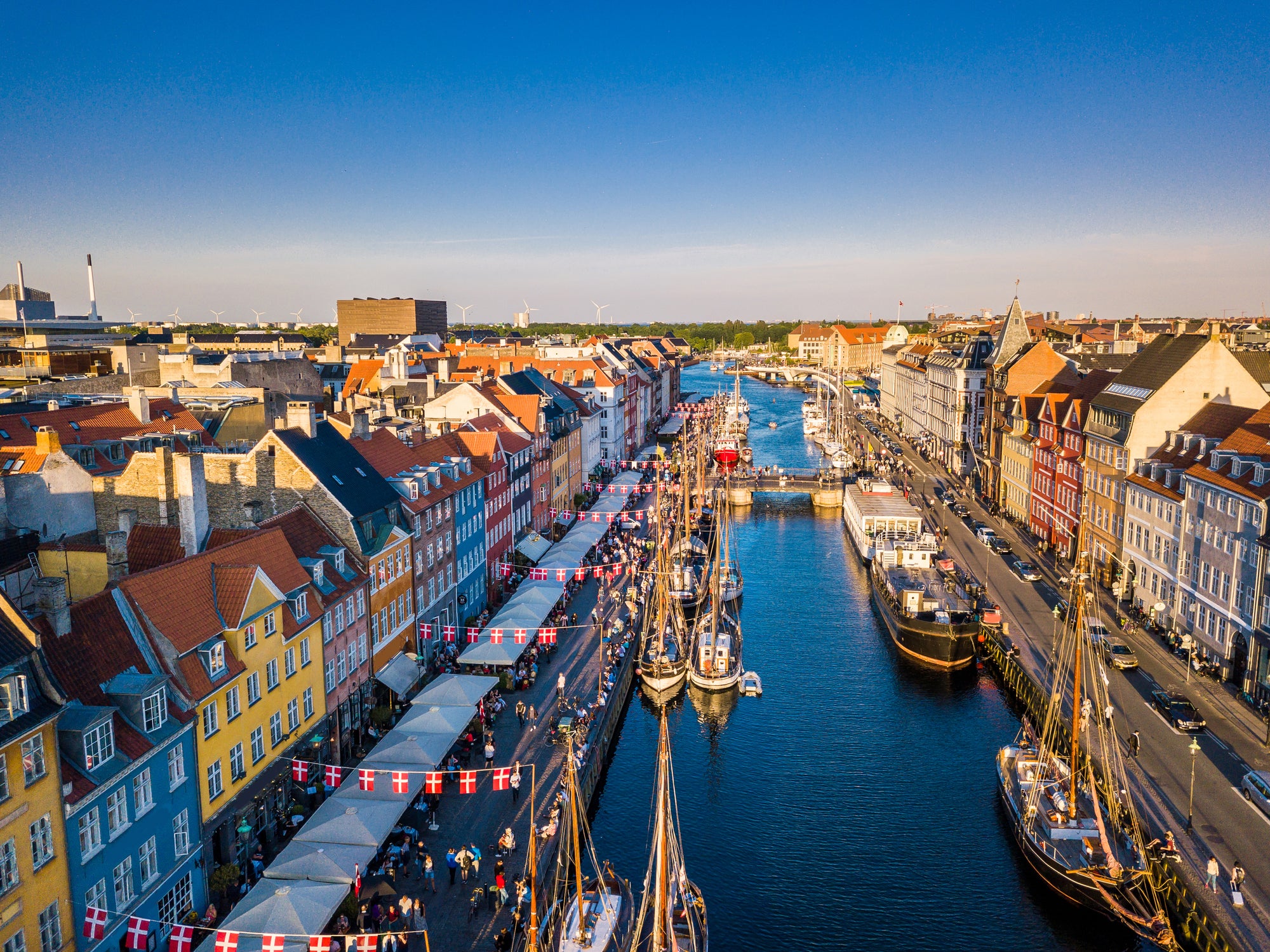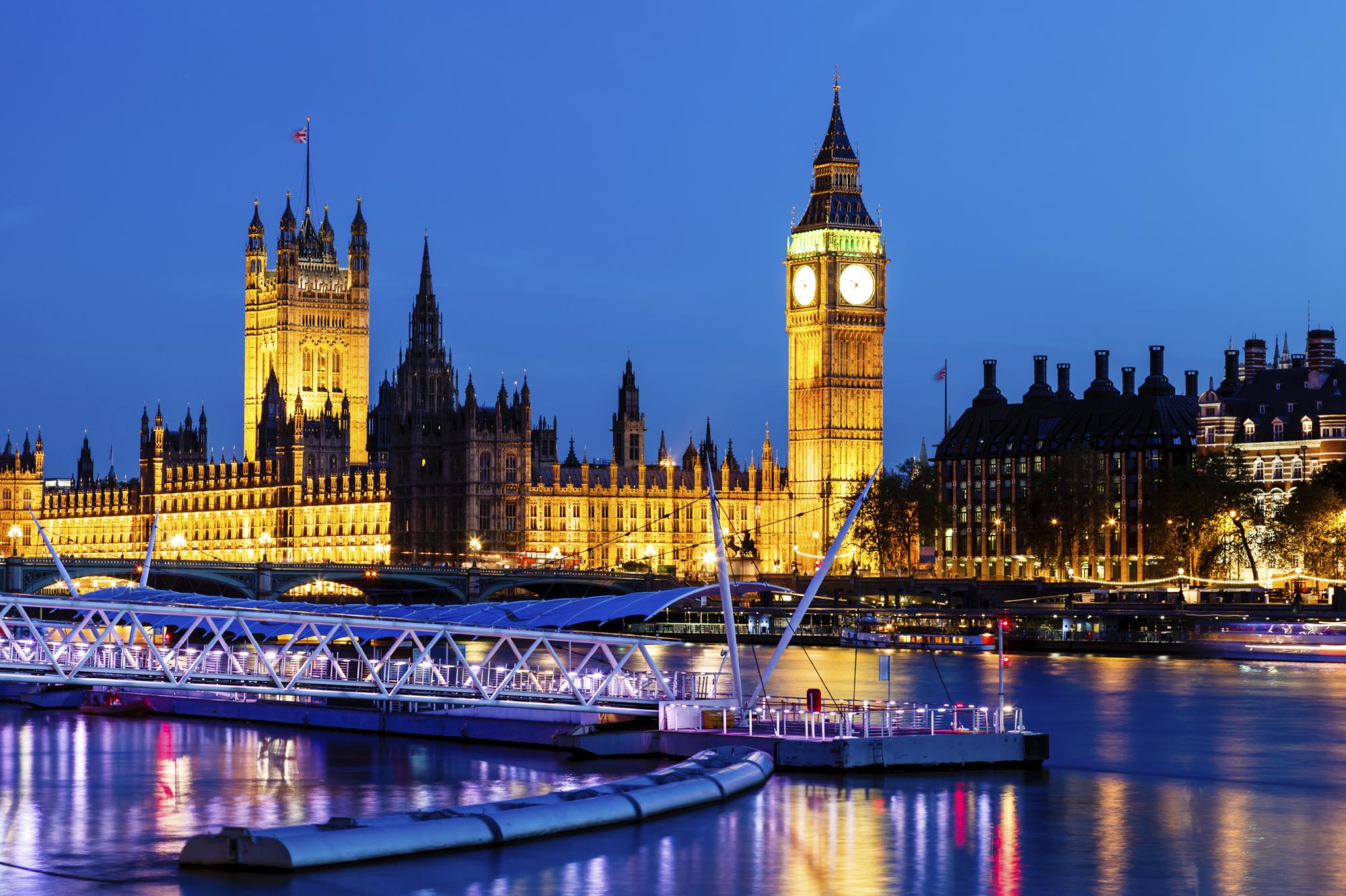Arrest near Windsor Castle highlights modern threats and the need for real deterrence
British police arrested a 37-year-old man at Windsor Great Park on suspicion of violating temporary airspace limits around Windsor Castle set for U.S. President Donald Trump’s state visit. Under UK rules suspects are not identified before charge. Restrictions are in force through Thursday covering Windsor and Chequers, where Prime Minister Keir Starmer will host the president. Thames Valley Police is using aerial monitoring, armed patrols, and river units to harden the perimeter as the Royal Household prepares for a state banquet hosted by King Charles III.
Why this matters: drones are the soft spot in VIP protection
Small drones can evade traditional cordons, carry cameras or payloads, and disrupt events with minimal cost. Britain learned the hard way during the Gatwick chaos of 2018. Deterrence requires more than polite signage. Geo-fencing that actually works, clear no-fly corridors around critical sites, and stiff penalties for violations are essential. Strong national security does not demand blanket snooping on the public, but it does require targeted enforcement, fast interdiction tools, and coordination between police, aviation authorities, and allied services.
A test for Starmer and a signal to allies
Hosting an American president is a high-wire moment for any government. The optics are simple: competence or chaos. Starmer’s team will be judged on execution, not press lines. The monarchy will deliver ceremony, but the state must deliver security. Conservatives will argue that credible deterrence and tighter enforcement are the cheapest insurance for national stature. Close work with U.S. protective agencies and transparent communication to the public can keep politics from becoming the weak link.
Limited government, strong shields
A government that does fewer things should do the essentials well. Protect borders, guard critical infrastructure, and keep the skies over key venues secure. Tighten drone licensing and penalties, accelerate prosecution of reckless operators, and invest in counter-drone tech from signal jamming to rapid detection. At the same time, avoid creeping overreach that punishes lawful hobbyists who comply with the rules.
The bottom line
One arrest will not stop copycats. The UK must upgrade counter-drone defenses, publicize red lines, and enforce them without hesitation. If that happens, the visit proceeds safely and Britain signals to allies and adversaries alike that its security posture is serious, modern, and credible.





